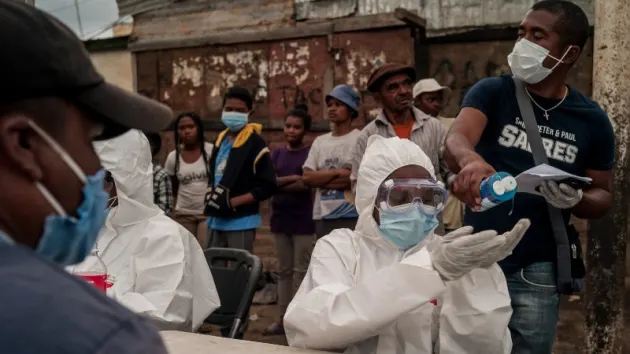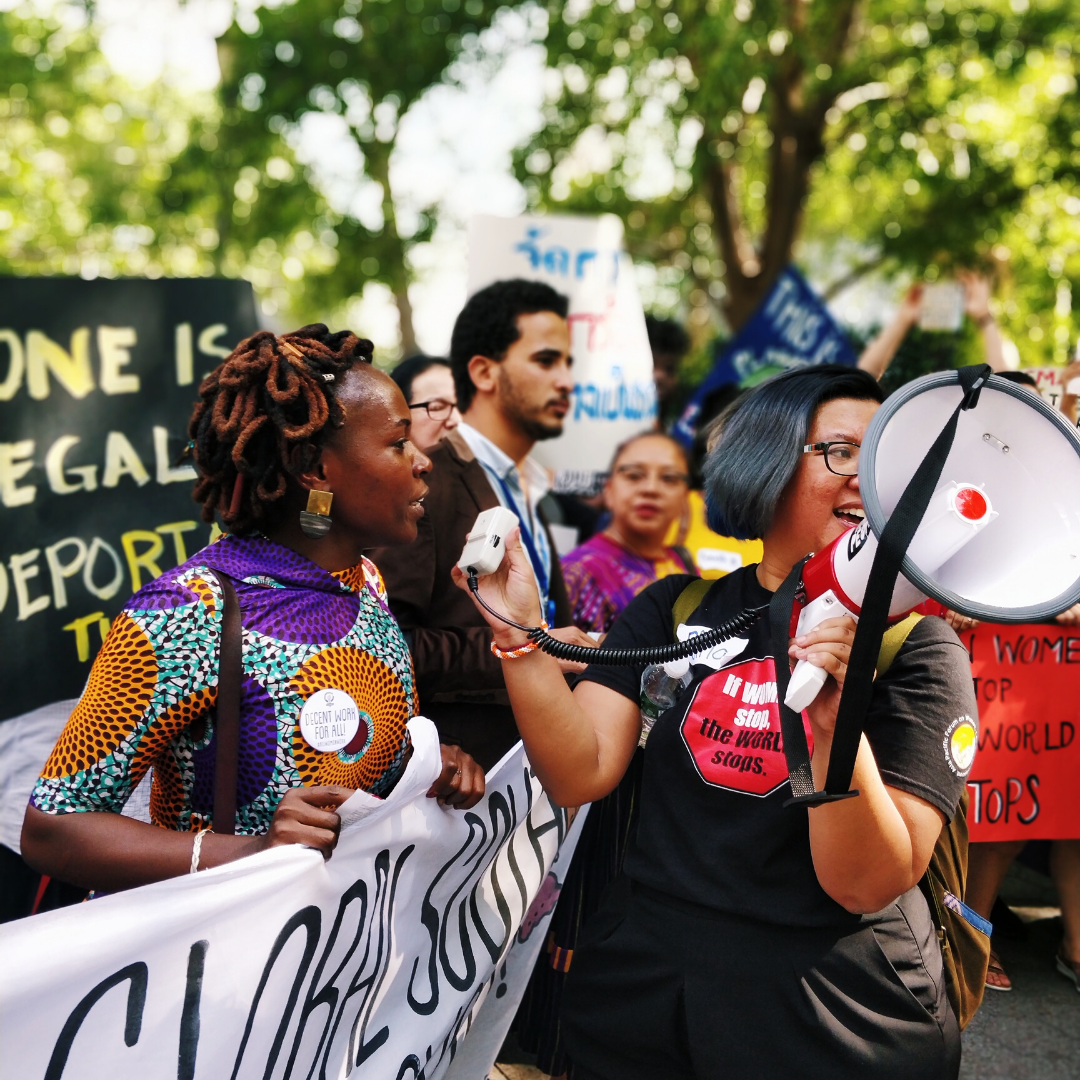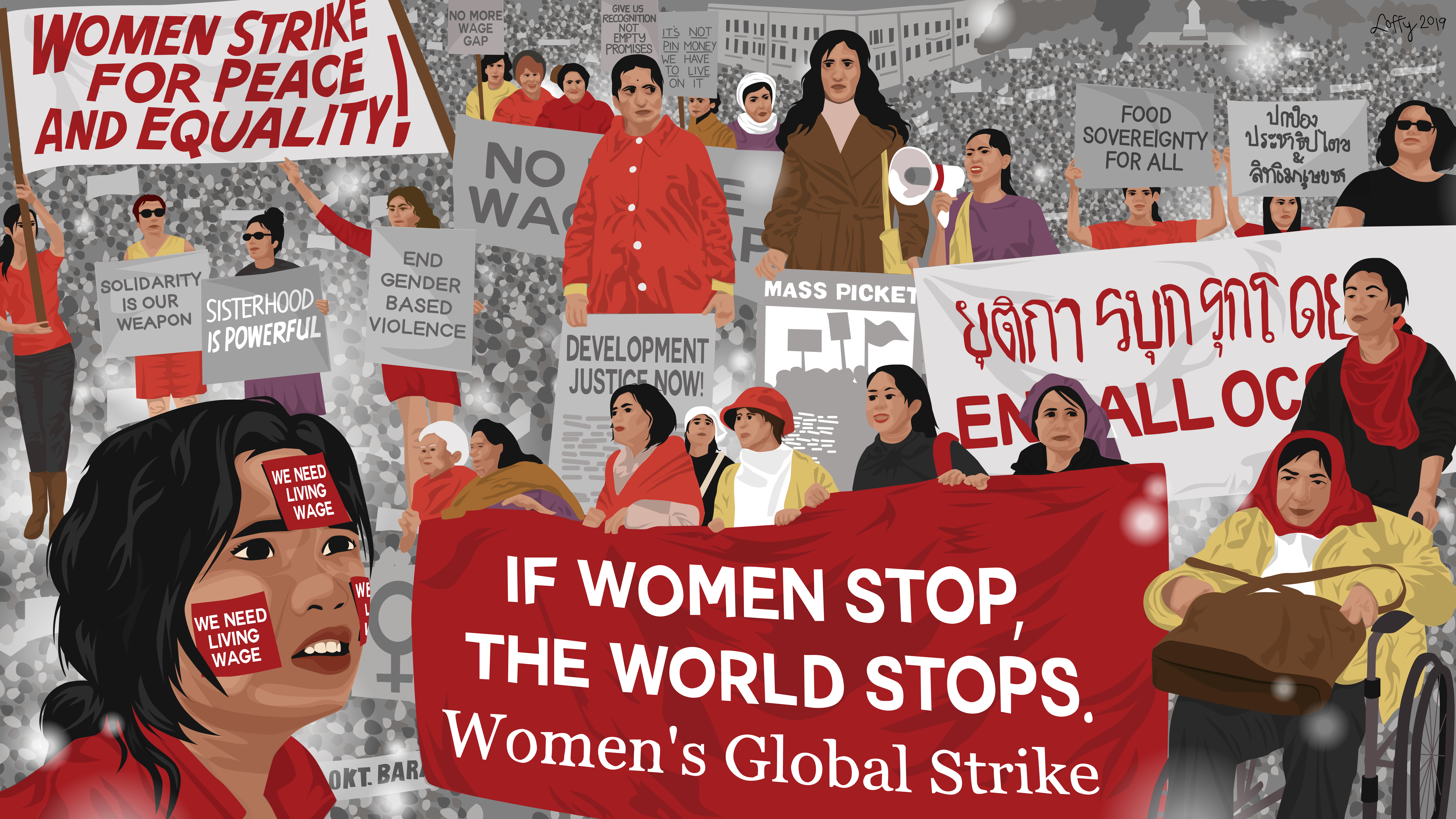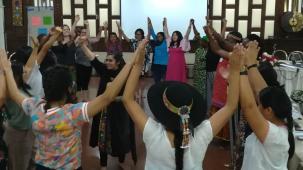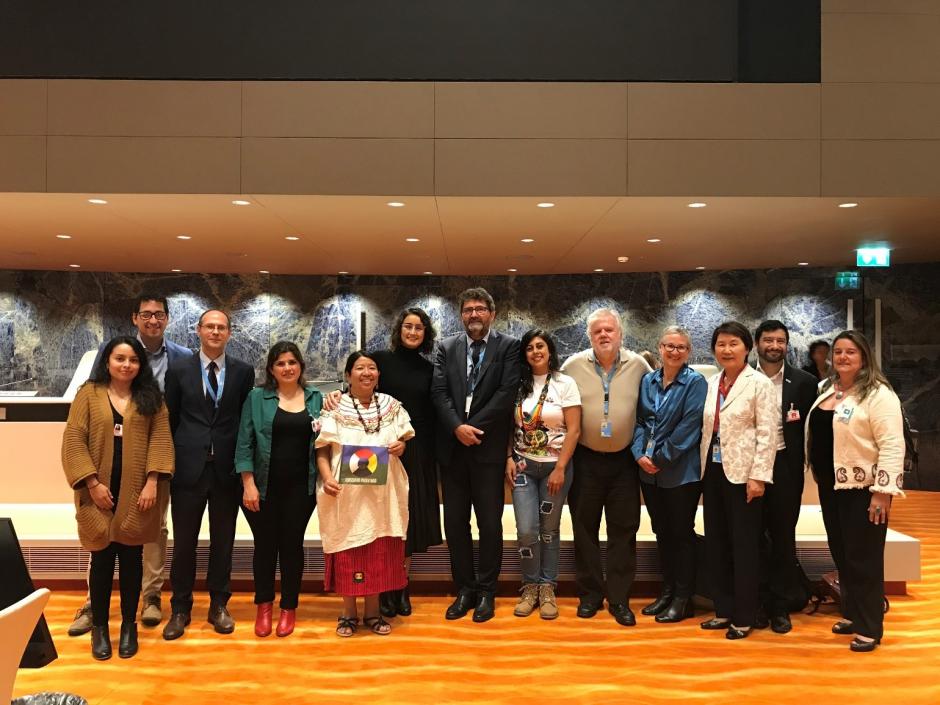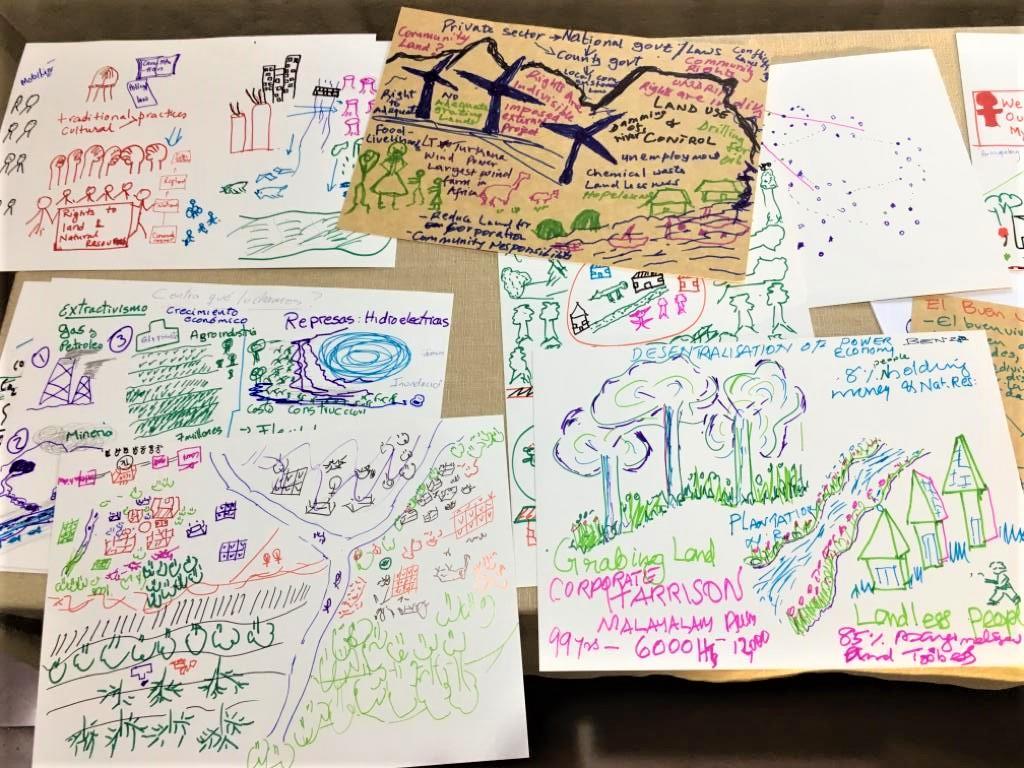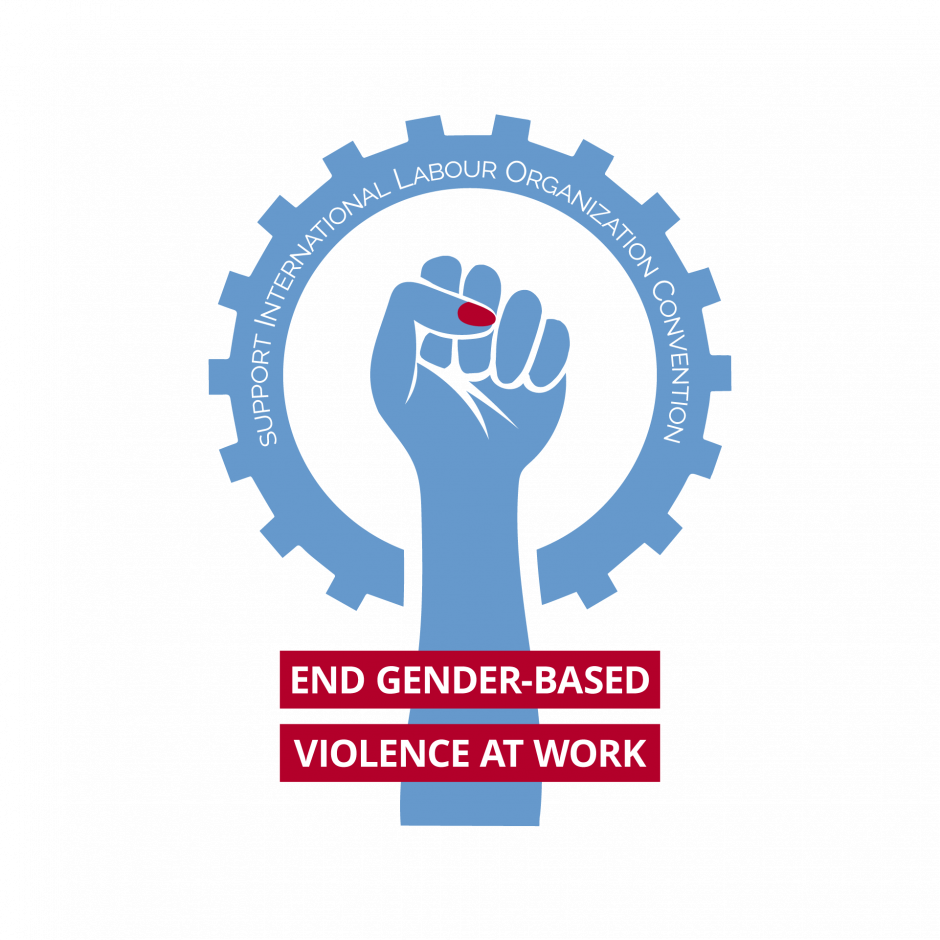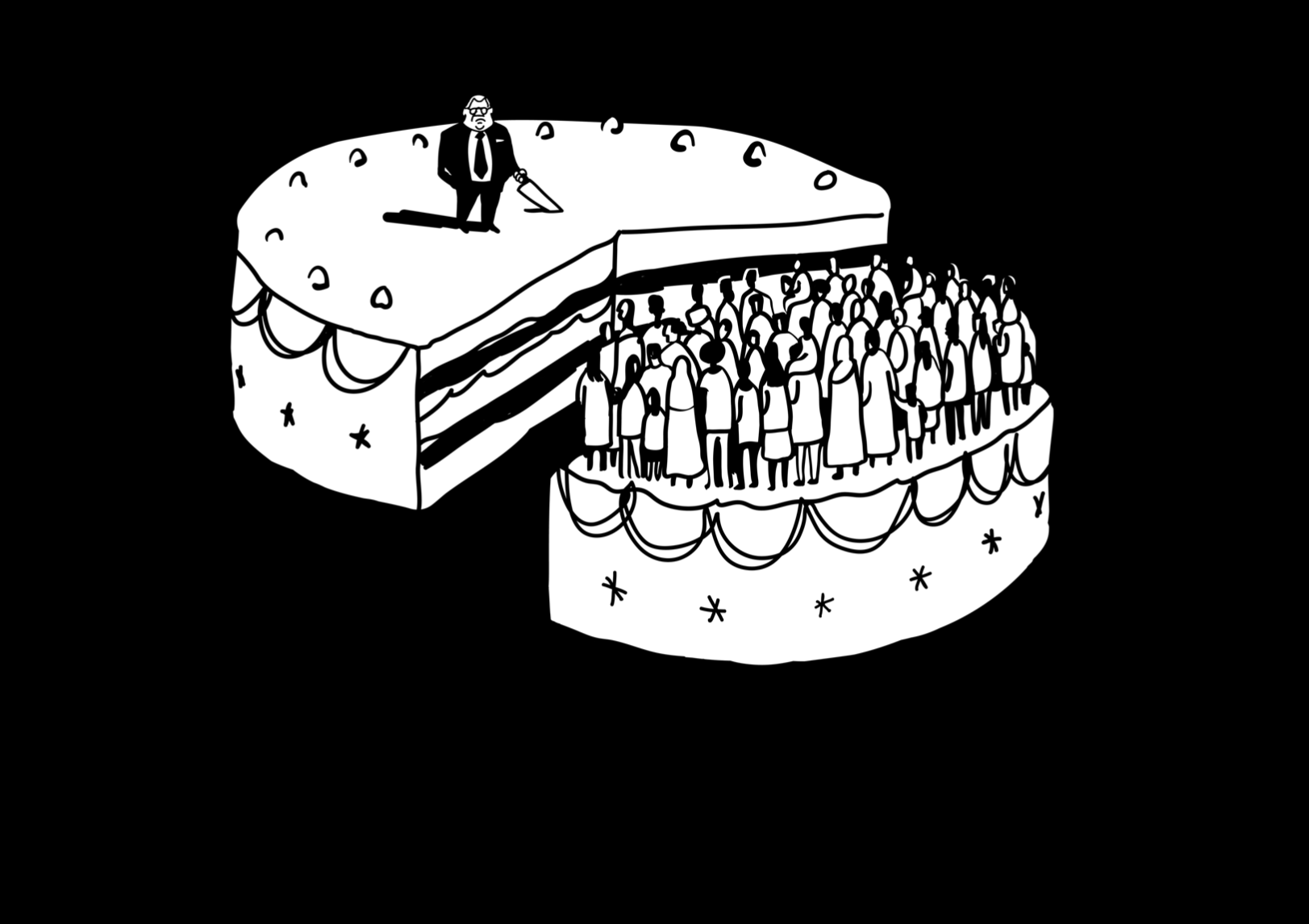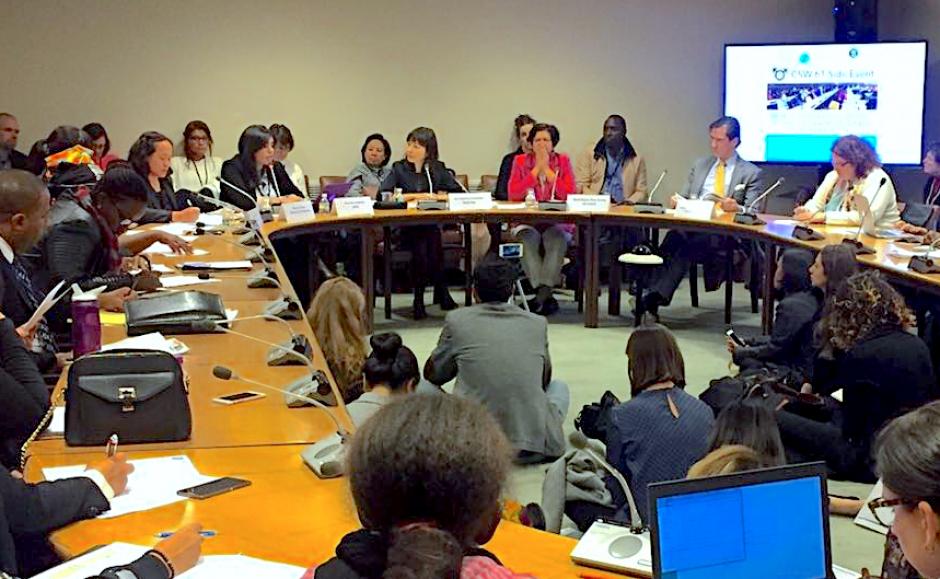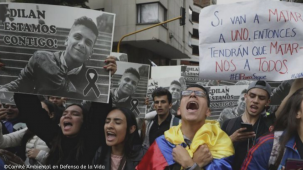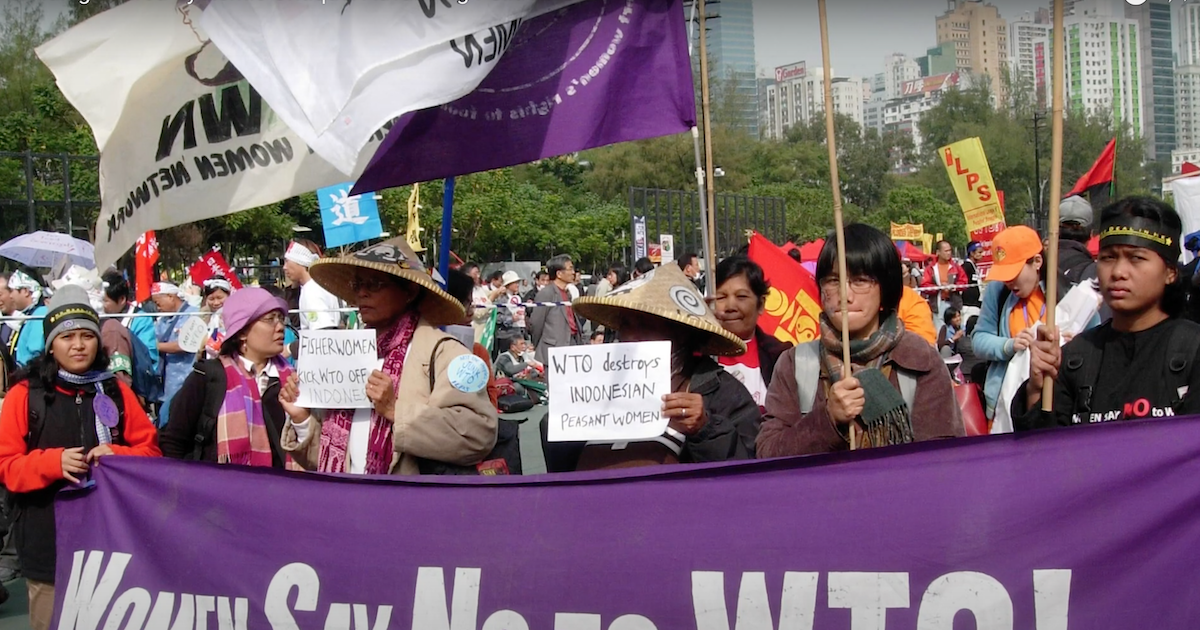COVID-19 has revealed a longstanding public health crisis, which is one aspect of a wider crisis of the dominant socio-economic model. This model has entailed systemic oppressions, commodification of health and care work, weakening of social protection, and fiscal austerity driven by neoliberal logics, undermining the realization of economic and social rights. Many government responses are not only prioritizing private interests over human rights, but also deepening historic inequalities and reinforcing intersecting oppressions. As stressed by Fundación Promoción Humana, “It shouldn’t be women who end up assuming the consequences of the crisis; this needs to become an opportunity for transformative change instead of a scenario of retrogression in the fulfillment of women’s rights”.
Filter By+
04/21/2020
Resource | Analysis & Positions
As human rights violations underscored and worsened by the coronavirus pandemic reverberate around the world, the realization of environmental, economic, social, and cultural rights (ESCR) provides the path forward for any lawful and effective response.
04/21/2020
Resource | Analysis & Positions
The Covid-19 pandemic has had wide-reaching impacts on people’s human rights, including economic, social, and cultural rights (ESCR), largely due to the measures governments have taken to control the spread of infection. Evidence highlighted by ESCR-Net Monitoring Working Group (MWG) members shows that many of these measures are exacerbating existing structural inequalities further undermining the ESCR of vulnerable groups.
04/21/2020
Resource | Advocacy | Analysis & Positions
04/20/2020
Resource | Advocacy | Analysis & Positions
10/10/2019
Resource | Advocacy | Submissions

